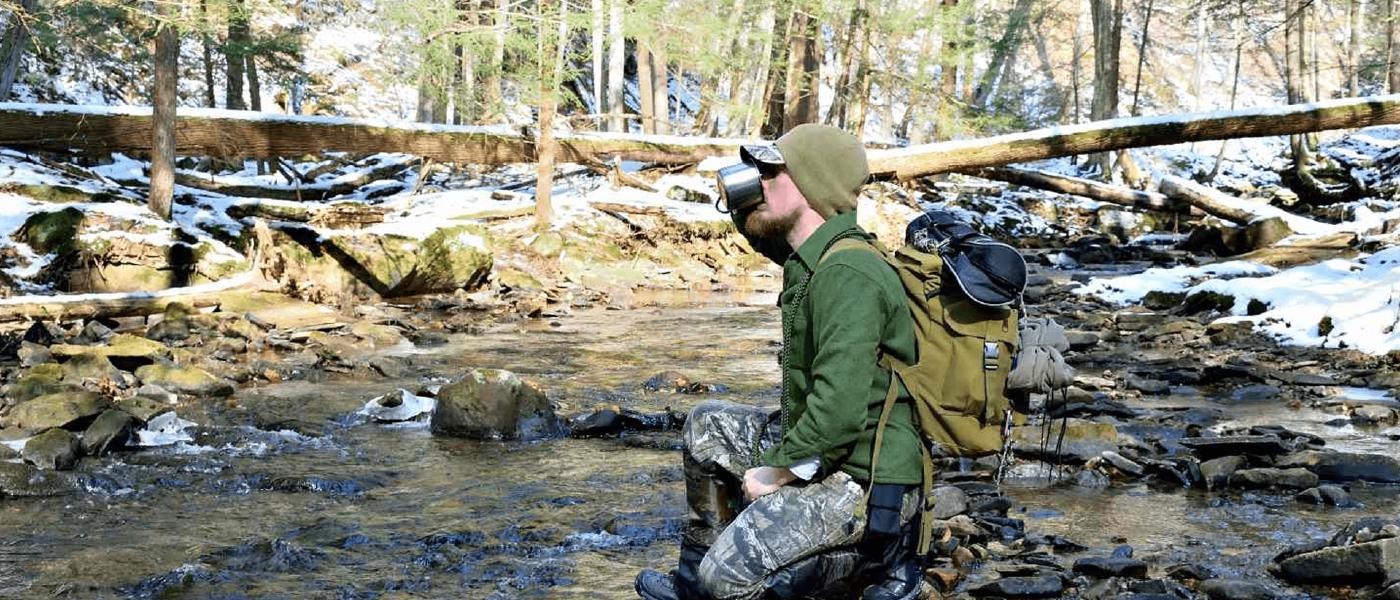Training Guide
One of the metal detecting club's mission is the training and education of its membership

MFSTC Metal Detector Training Guide for Members
One of the metal detecting club’s mission is the training and education of its membership. This education and training should be directed toward how to practice the hobby legally, in a non-destructive manner and on proper use of metal detectors. This metal detecting training program that is offered by the club in the “Do’s and Don’ts” of the hobby displays a strong commitment to the local community. A trained membership knowing the where, how and why attributes of the hobby will keep the hobby in the good graces of the county’s and city’s recreation department and private land owners.
This two-part training program {Self-Help and Detecting Buddy} will provide evidence that the club is proactive in community stewardship by training its members in how the hobby should be practiced.
Self-Help Program. The Club will offer a short class on self-help to all detectorist that join the club. There will be one or two club members assigned to this program who are well versed in detector operations and can navigate the web for information. The self-help leaders can provide the necessary re-enforcement to all detectorist to complete the five steps below.
Manual Self-help training is becoming familiar with your detector’s operation and adjustments. This can be accomplished by reading the manufacturer’s user manual. While reading the manual have your detector in hand and operational so that you can actually perform the adjustments as you read about them in the manual. This will provide you with a sense as to where the adjustments are and how the adjustment are made and what they can actually do for you. Hint: Most detector control electronics work without a coil attached, so using a detector in this mode can be a very valuable educational tool. By disconnecting the coil there will be no coil performance noise that can cause a distraction.
Videos The next self-help step is go to the manufacture’s website and view the manufacture’s video for the detector that you have purchased. Again, view these videos with your detector in your hand so that you can actually perform the video narrator’s actions as they go through the various detector adjustments.
YouTube. Once the detector’s user manual has been read at least once and the manufacture’s videos have been reviewed the next step in self-help is to go to the YouTube website. Perform a YouTube search for videos that other detectorist have posted about your specific detector. These videos can be very helpful especially if the narrator of the YouTube video provided adjustment information with his video.
How-To Websites There are many metal detecting websites designed by individual detectorist that offer articles and helpful steps and hints on how-to start metal detecting. Metal detecting club websites may also offer useful information on how to approach certain situations and even training programs. Viewing these websites can be a very informative approach to your self-help training program.
Practice The last self-help step is to practice, practice, practice what you have read, seen on videos and found on how-to websites. Take this information and your detector into your backyard and start your adventure by practicing how to setup and use your detector. To practice you may need to actually plant targets in the ground, find the targets and retrieve them. Continue to practice till you become very confident in your detector’s performance. Set up many different detector adjustment situations, to see how different adjustments can impact your detector’s performance.
Detecting Buddy
Specific Detector Training This type of training will have a detecting buddy assigned to the individual. This detecting buddy can be counted on to provide help as needed by the detectorist. First the member will be required to complete the self-help program. Once the individual has taken the responsibility to do the self-help program and completed it, the club member detecting buddy can now provide the final assistance. The final phase of training is to go into the field with the individual and provide the necessary assistance required. This type of training may have a direct impact on a metal detectorist ability to perform better in the field and this educational training can also aid in the community’s perception of the hobby.
Target Pin-pointing and Recovery One extremely important type of training must be of target pin-pointing and target recovery. The Club will offer a training class on how to recover a target from the ground. This is very important since improper recovery of a target can be very destructive. This class will have some classroom time and in the field by practicing on target recovery.
Metal Detecting Laws
Local Law All club members should be informed on laws that impact metal detecting. Local laws covering local municipal codes, county regulations and school site rules that either directly prohibits metal detecting or may indirectly impact metal detecting by imposing rules that would affect target recovery on public grounds. There should also be a good amount of discussion concerning private lands and cemeteries.
State Laws State law must cover regulations dealing with state parks, state historical sites and places, archaeology sites, Indian burial grounds and Indian sites in general: http://dnr.maryland.gov/Publiclands/Pages/MetalDetecting.aspx
National Laws The national law should cover the following acts for more information search the internet. National Moments, Nation Parks and Recreational Areas, National Forest, Bureau of Reclamation and the U.S. Corp of Engineers regulations.
American Antiquities Act of 1906:
https://www.nps.gov/history/local-law/anti1906.htm
National Historic Preservation Act of 1966 As amended through 2000: http://www.achp.gov/NHPA.pdf
Archaeological Resources Protection Act of 1979:
https://www.nps.gov/archeology/tools/Laws/arpa.htm
Native American Graves Protection and Repatriation Act of 1990: https://www.nps.gov/archeology/tools/laws/nagpra.htm